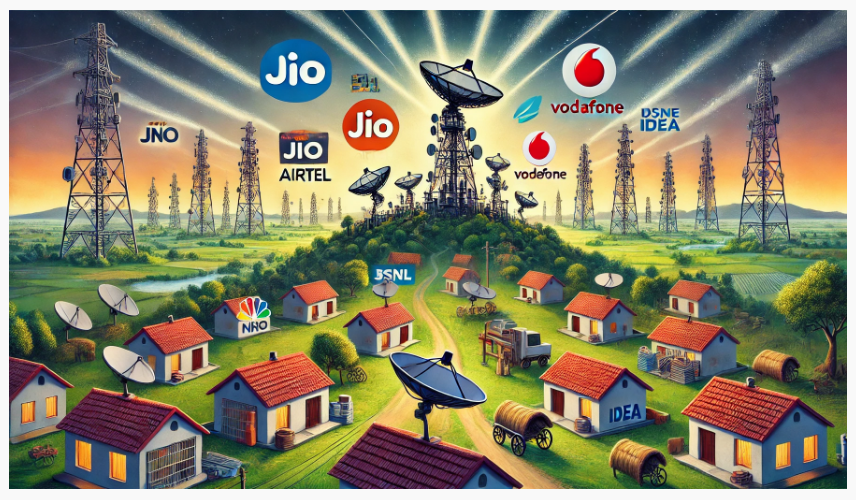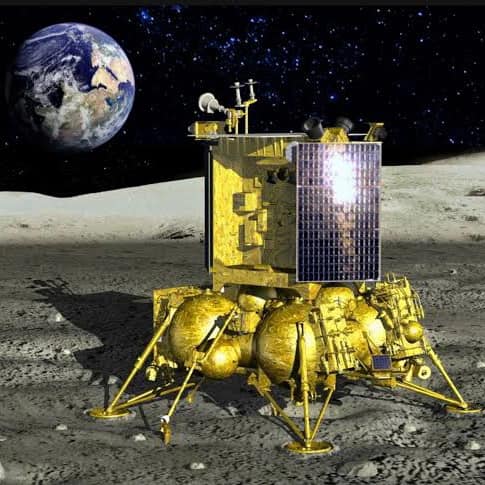
India’s entry into the satellite internet era has hit a new roadblock as domestic telecom giants, led by Mukesh Ambani’s Reliance Industries, push for a spectrum auction. This move comes amid growing competition with global players like Elon Musk’s Starlink, which has expressed interest in expanding its services to the Indian market.
Auction vs. Administrative Allocation
The core of the debate lies in the method of allocating satellite spectrum. Historically, the Indian government has favored administrative allocation for satellite internet, aligning with global practices. Last month, Telecom Minister Jyotiraditya Scindia confirmed this stance but left room for final recommendations from the Telecom Regulatory Authority of India (TRAI).
Reliance, however, has challenged this approach. In a recent open forum, Ravi Gandhi, a senior executive at Reliance, criticized the administrative method as “the most discriminatory way of distributing any government resource.” He urged TRAI to consider an auction process, which typically demands higher investment and could potentially limit foreign competition.
Starlink’s Stance
Starlink, which has already made a significant impact in Africa by providing affordable broadband, supports the government’s current approach. Parnil Urdhwareshe, a Starlink representative, called India’s administrative allocation strategy “forward-looking.” The company sees this method as essential for fostering innovation and accelerating satellite internet adoption in underserved regions.
The High Stakes for Reliance
Reliance Jio, India’s largest telecom operator, dominates the market but faces a potential threat from satellite internet providers like Starlink. Analysts suggest that an auction process would create financial barriers for newcomers, allowing Reliance to maintain its competitive edge. However, administrative allocation could open the doors for more players, disrupting the market and potentially leading to customer churn.
Regulatory Hurdles
The Department of Telecommunications (DoT) has also raised concerns about security compliance. Both Starlink and Amazon Web Services are yet to submit the necessary documentation to advance their satellite internet applications in India. Meanwhile, Airtel’s Eutelsat OneWeb and Jio’s SES have already cleared this regulatory hurdle.
What’s Next?
TRAI’s forthcoming recommendations will be pivotal in determining the future of satellite spectrum allocation in India. The outcome could reshape the telecom landscape, intensifying competition between domestic giants like Reliance and global players like Starlink and Amazon. For now, the industry awaits a decision that could either pave the way for new entrants or fortify the stronghold of existing telecom operators.





